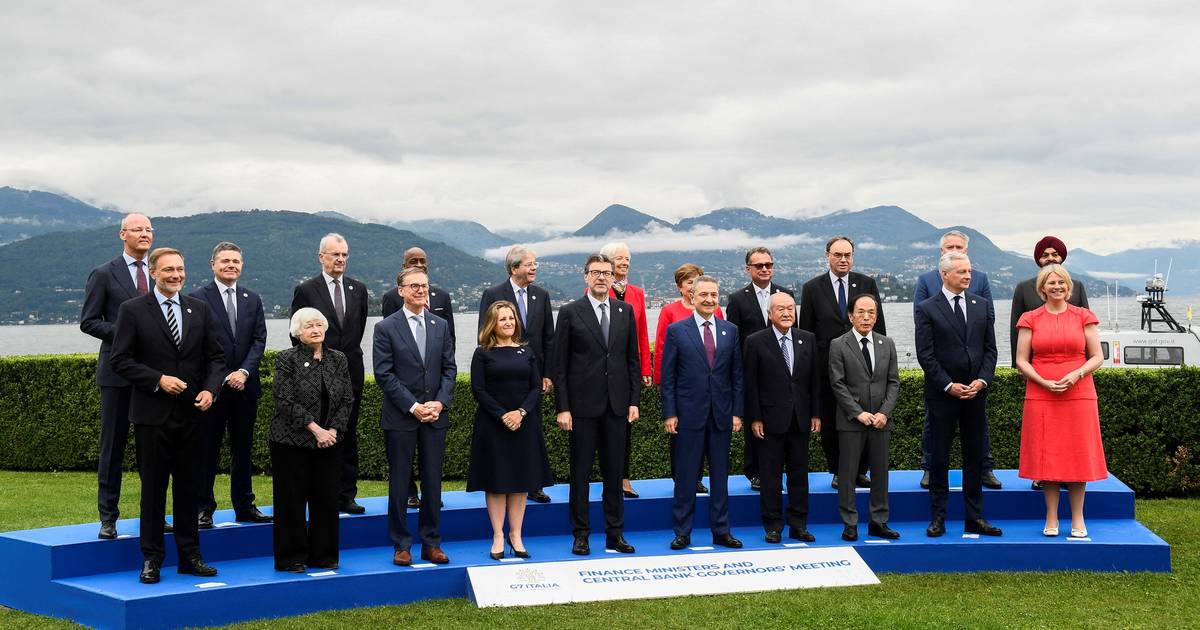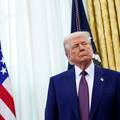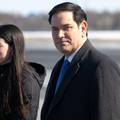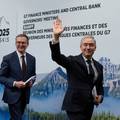The leaders of the G7 group are gathering in Canada for a three-day summit held amid a dangerous military escalation between Israel and Iran, which could escalate into a broader regional conflict. The situation escalated after Israel launched a major attack on Iranian military bases and nuclear facilities, and Iran responded with missile attacks on Israel. The crisis will be a top agenda item for the meeting of leaders of the world’s leading industrialized democracies in Canada. Besides tensions in the Middle East, the leaders will discuss the war in Ukraine, global trade disputes, migration, and securing access to rare resources. European powers are seeking to impose stricter sanctions on Russia, including reducing the price of Russian oil. The summit will be attended by U.S. President Donald Trump, German Chancellor Friedrich Merz, French President Emmanuel Macron, British Prime Minister Keir Starmer, and Canadian Prime Minister Mark Carney as host. It is expected that there will be no traditional joint closing statement, but rather selected statements on individual topics. Additionally, leaders from countries outside the G7, including Mexico, India, South Korea, South Africa, Australia, and Indonesia, have been invited.
Political Perspectives:
Left: Left-leaning outlets emphasize the dangers of military escalation between Israel and Iran and the potential for a wider regional conflict. They highlight the need for diplomatic solutions and criticize the involvement of global powers in exacerbating tensions. The discussions on Ukraine and sanctions on Russia are framed within the context of promoting peace and human rights.
Center: Center-leaning sources report the facts of the G7 summit, focusing on the agenda including the Israel-Iran conflict, the war in Ukraine, and global economic issues. They present the participation of world leaders and the expected outcomes without strong bias, noting the absence of a joint final statement as a sign of complex negotiations.
Right: Right-leaning media stress the importance of a strong stance against Iran’s aggression and support for Israel’s right to defend itself. They emphasize the need for strict sanctions on Russia and portray the G7 summit as a platform for reinforcing Western unity and security. The absence of a joint statement is sometimes framed as a result of disagreements with more dovish elements.















